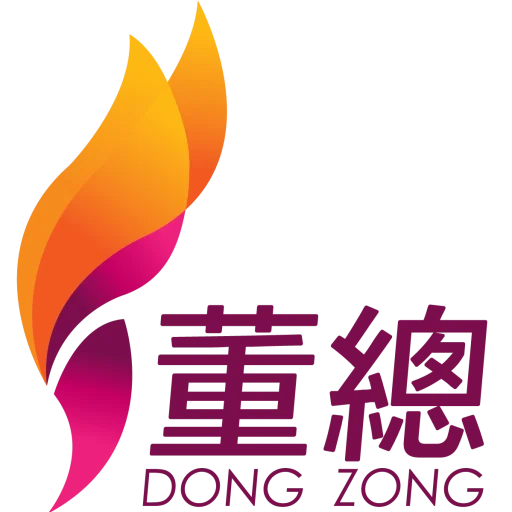Joint Statement Released by Dong Zong and Jiao Zong
Joint Statement Released by Dong Zong and Jiao Zong
Joint Statement Released by Dong Zong and Jiao Zong
February 12, 2022
Relative to the directive sent to some vernacular Chinese primary schools in Kuala Lumpur notifying merely MySTEP system can be used for temporary and relief teacher application and not via parent teacher association as reported by the media, Dong Zong and Jiao Zong are highly concern thus participating in the online interaction convened by the Deputy Education Minister Dato Mah Hang Soon. In the video conference, Dong Jiao Zong explicitly requested the Ministry of Education to review the decision for a more flexible solution on teacher shortage.
1. Teacher shortage in vernacular Chinese primary schools has been a besetting issue for decades which unfortunately has seriously impacted normal school operation and teaching activities, not to mention the approvals of bulk posting transfer to other states last year end which further deteriorates the problem. The Ministry of Education is expected to reassess the existing mechanism collectively in bid to facilitate intensively for a complete fill up of the said shortage.
2. Though the MOE had organised a conclusive recruitment project for 18,702 teachers last July—showing its determination and sincerity to resolve the problem—yet as revealed, certain subject applicants were wanting much to the disappointment of the schools in filling the vacancies in time. Therefore, the schools had to recruit teachers via the school board or parent teacher association with their own expense attributed to uncertainty. Advance planning is indeed needed in preventing further normal school operation interruption as well as compromising students’ learning rights.
3. Dong Jiao Zong realises that the individual recruitment of teachers undertaken by the schools in response to national education inadequacy is a charity work and proven solution. Now that the MOE demands all schools to apply for temporary teachers via MySTEP for quality assurance; yet according to feedbacks from experienced school principals, the cumbersome application procedure and delay approvals of MyStep had ended up teaching planning interruption. Thus, the MOE is told to reassess and review the measure by simplifying the system and application procedure in order not to compromise teaching progress.
4. As informed by the Deputy Education Minister Dato Mah Hang Soon in the virtual meeting, all vernacular Chinese primary schools nationwide could recruit temporary teachers individually as need be, only they must apply from the MOE in advance. Apropos of this matter, Dong Jiao Zong earnestly urges the MOE to disclose the procedure for individual application in bid to tackle the problem earlier from available accounts. As an aside, the MOE is also proposed to release an ad hoc appropriation for the said schools to recruit temporary teachers.
5. Dong Jiao Zong, as a final note, urges the MOE to set up an interactive platform specifically for vernacular Chinese primary schools where major Chinese associations and education institutions are to be convened for opinions regularly. Hopefully, a scientific mechanism which addresses short, medium and long-term needs will be brought about through concerted efforts and informed negotiation; it is also intended for an answer of the problem impacting normal operation of vernacular Chinese primary schools, let alone the extant teacher shortage issue.

